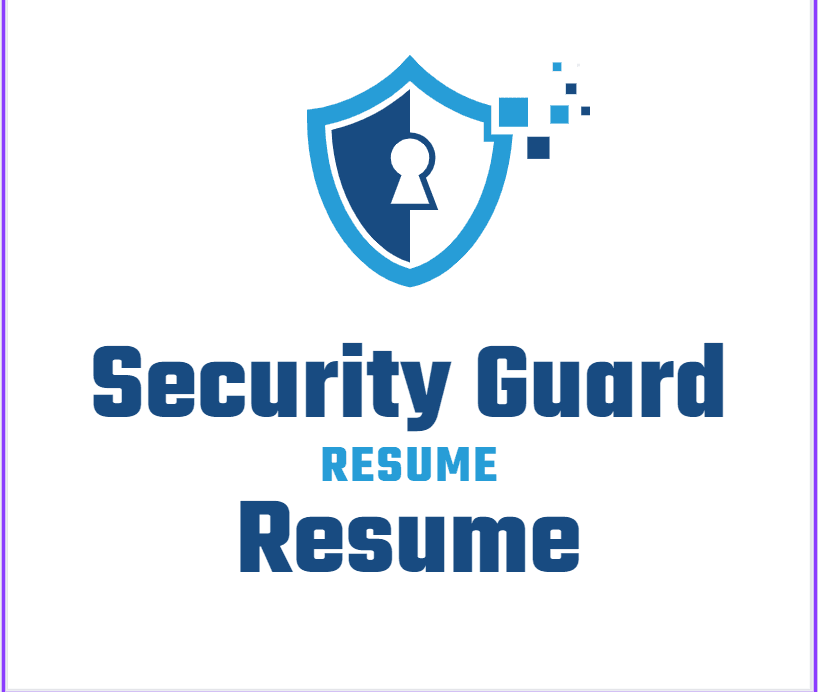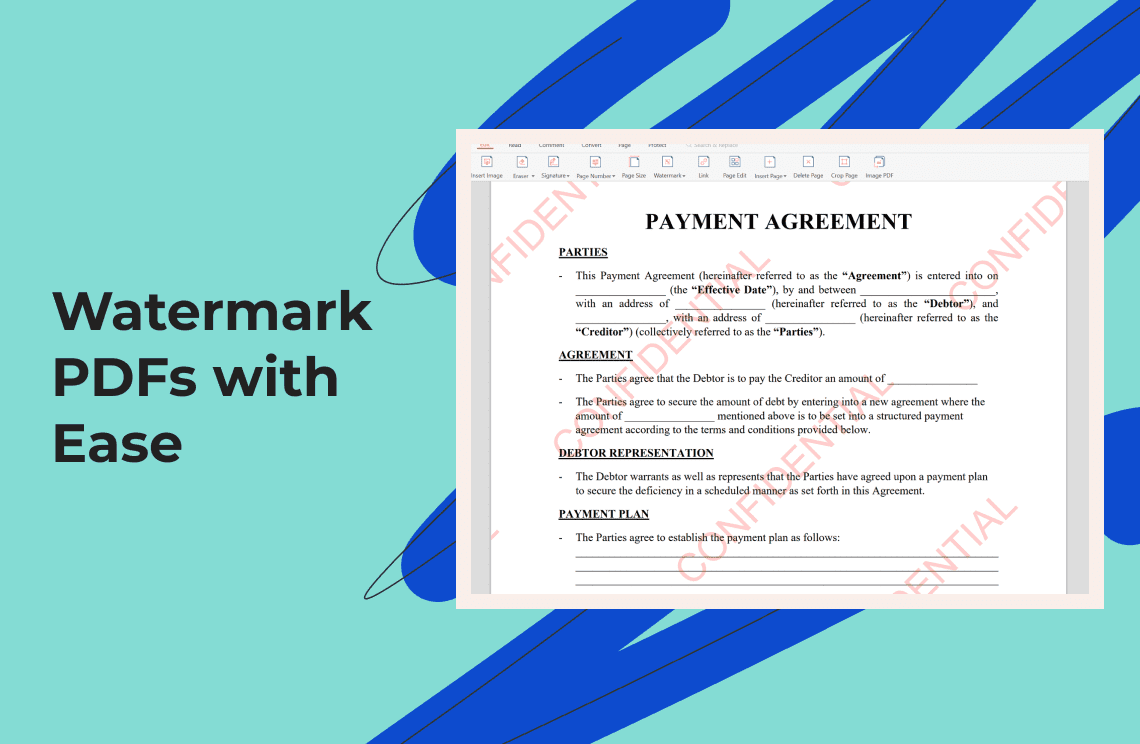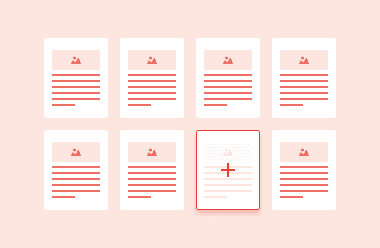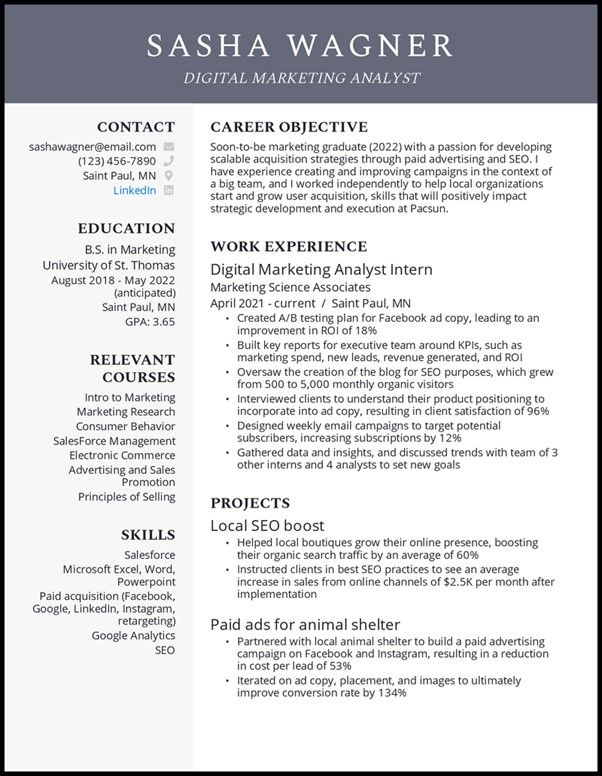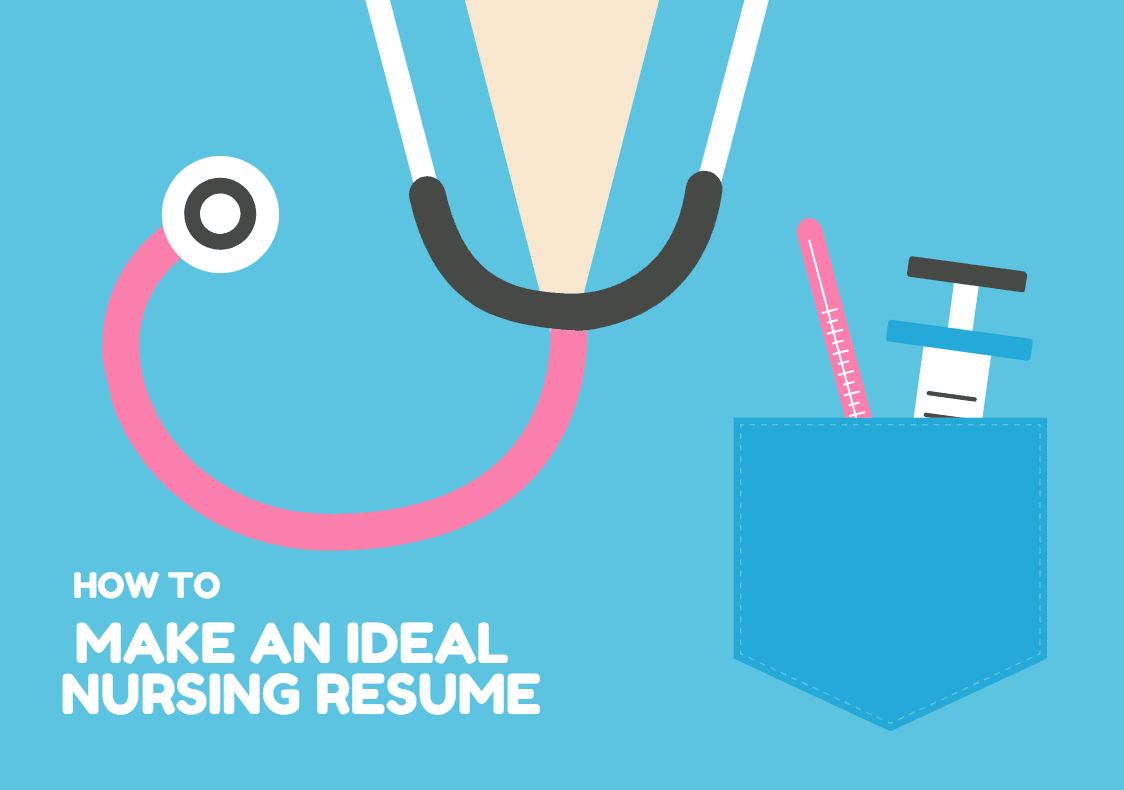When applying for the position of security guard, you are expected to present your latest resume before the interviewer without which your application wouldn’t be considered eligible and valid whatsoever.
Therefore, it is imperative to have a well-formatted resume that contains all your personal, academic, and professional details in such a concise form that the recruiter can know your whereabouts at merely a single glance.
With that said, here you will understand how to prepare a resume for the position of both armed and unarmed security guard. You will also have access to a resume template so it can be updated and reused whenever there’s an update in your profile.
What Should Be Included in a Security Guard Resume
Conceptually, any resume has two categories and each category has its contextual sections. The details are explained below:
- Universal Category
Under this conceptual category, you add your general information so the interviewer can know your details. Universal Category, as the name suggests, is global and must be included in any type of resume, regardless of the job profile it is being prepared for. The sections that fall under this category are:
- Personal and Contact Info
This section should contain all personal info and your contact details where the organization or its HR department can reach you. The information that you should share can include your date and year of birth, marital status, phone number, email address, permanent address, current address, and a number of any of your family members or a close friend who can be reached out in case of an emergency.
Although everything that describes you comes under this section, the details are usually scattered throughout the entire resume and are placed under different subheadings.
Apart from this, you should also avoid including your social media IDs such as those of Facebook, Instagram, Twitter, or LinkedIn, unless you have a professional page or profile that you use to interact with your clients or audience.
- Resume Objective
Generally, this is a single paragraph that explains what you’re looking for in a job, your vision, and the goal of your life. You should try to make your Resume Objective as influential as you possibly can while keeping the content concise at the same time.
- Academic Qualification
As the name says, this section should contain your academic qualifications which must start from your first significant education such as high-school, graduation, etc., and go up to the most recent one. Here, you must also mention the year of passing, your grades, marks (in percentage), certificate issuing authority, and your subjects.
- Hobbies / Interests
Be honest while mentioning your hobbies and interests as this information will describe who you are. The details you add here would help the interviewer to understand you better, and would further enable them to offer you a more suitable job role.
- Extra-Curricular Activities
Any campaigns, trips, debates, workshops, or other activities that you participated in during your school time should be mentioned here. You should also add other details such as the year of your participation, tenure of the program, where was it conducted, etc.
For instance, if you’re preparing your resume for the profile of a security guard, you should mention the parade camps and shooting training that you obtained during your academic years.
- Awards and Achievements (If Any)
If you were awarded some prize or have other achievements to brag about, feel free to mention them under this section. Doing so will not only decorate your resume but will also work as a bonus point which may further make you eligible for higher remuneration.
- Profession-Specific Category
This category must contain all the details about your professional so the interviewer can know how good and relevant you would be if they consider hiring you. The sections covered under the Professional-Specific Category vary according to your area of specialization, line of work, and the amount of experience that you have. Details about the sections that this category should have include:
- Professional Qualification
This subheading must contain all your professional and relevant qualifications that make you eligible for the job you’re applying for.
In the current example of a security guard resume, you can mention which firearm training did you get, where did you get your physical training from, etc.
- Skills
Under this section, you must mention what skills you have. For instance, specify whether you are good at aiming and shooting your targets, you’re unbeatable in wrestling, or you are a fit athlete and do long jumps, participate and win races, etc.
- Projects
Mention which projects did you work on in the past under this section. As a security person, for instance, did you go for any field training, what was its tenure, how did it go, what did you achieve, etc.
- Work Experience
This subheading is most important as all the information given here will directly influence the recruiter, and the acceptance or rejection of your application will majorly depend on the details you provide. Therefore, it is imperative to populate this area as carefully and precisely as you possibly can.
For example, if you are applying for the position of security guard, mention which organizations did you work for, for how long were you associated with them, what responsibilities were you assigned, etc.
Make sure to add at least the last three companies, starting from the latest one and then moving your way down in descending order. In addition, you must also add the name of your immediate reporting person for reference, and mention their contact information so that your statement’s authenticity and correctness can be verified.
If this is the first job that you’re applying for, you can simply mention ‘Fresher’ under the Work Experience section.
- Licenses and Certificates
During or after training or prior jobs, if you have gained any licenses or were awarded some certificates, you must add them under this section.
For example, being a security guard, do you have a license to use firearms? If so, which one(s)? If you don’t have a license, you can mention ‘Unarmed’ in your resume. However, this section is optional and you can include it in your resume only if you are an ‘Armed’ security guard. Feel free to ditch this subheading if the case is otherwise.
Regardless of the sequence of the two conceptual categories, the order in which their subsections appear in your resume can be jumbled up. E.g., you can put your name and contact details at the top, add Professional Qualification under Academic Qualification, personal information at the end, and so on.
You can check the template below to see the correct way of decorating your security guard resume:

